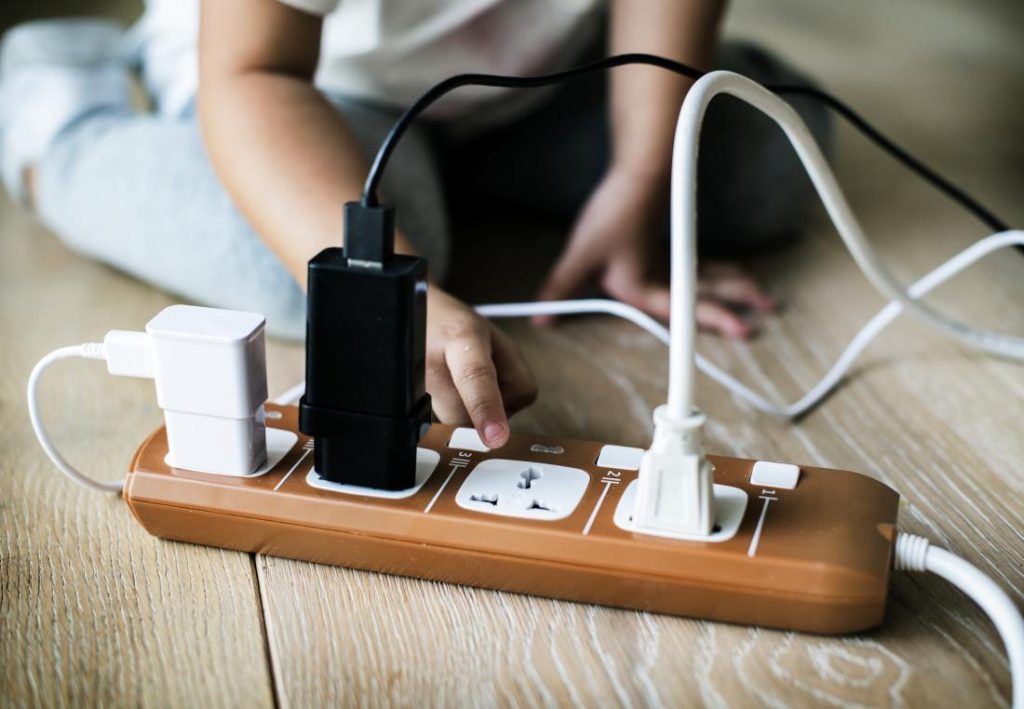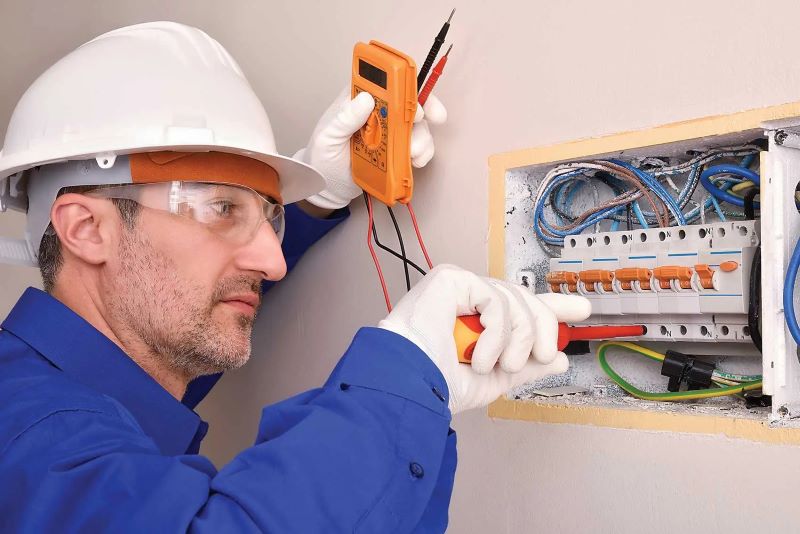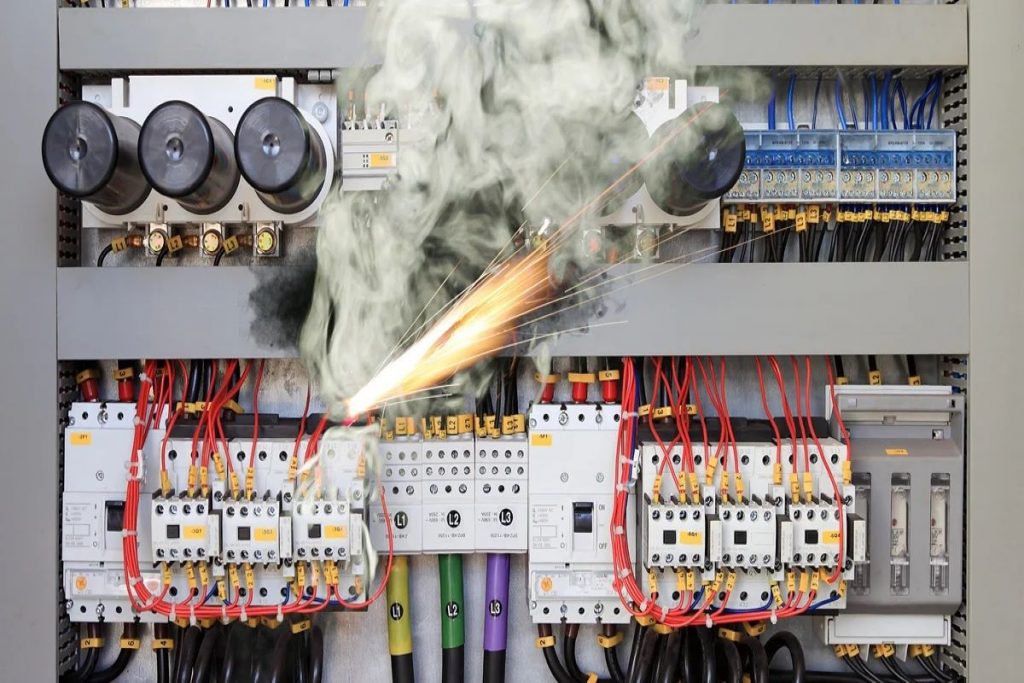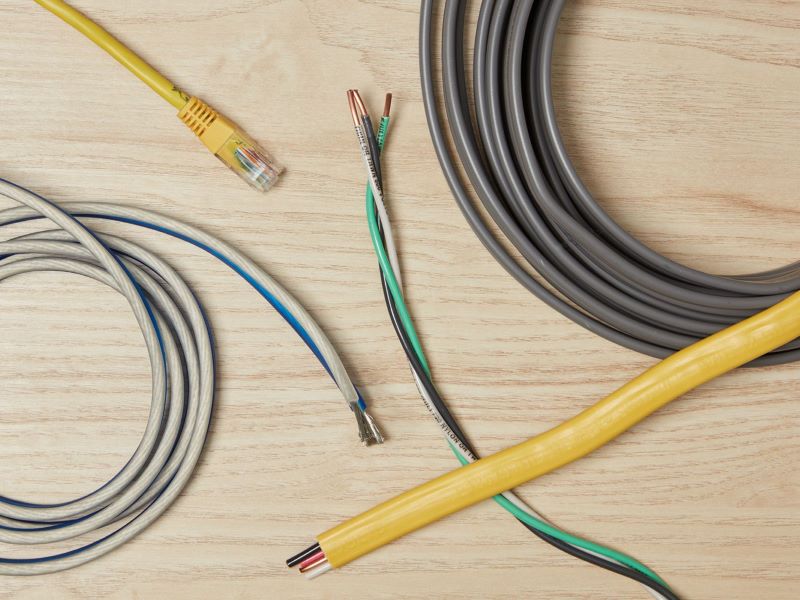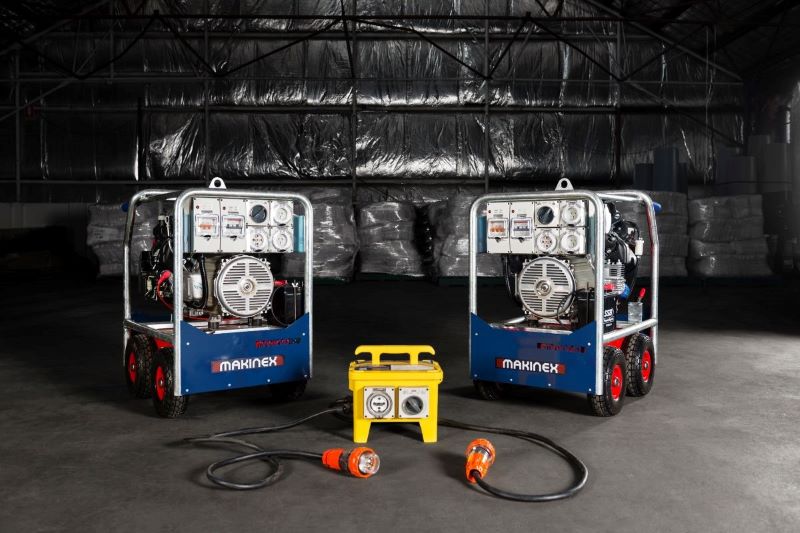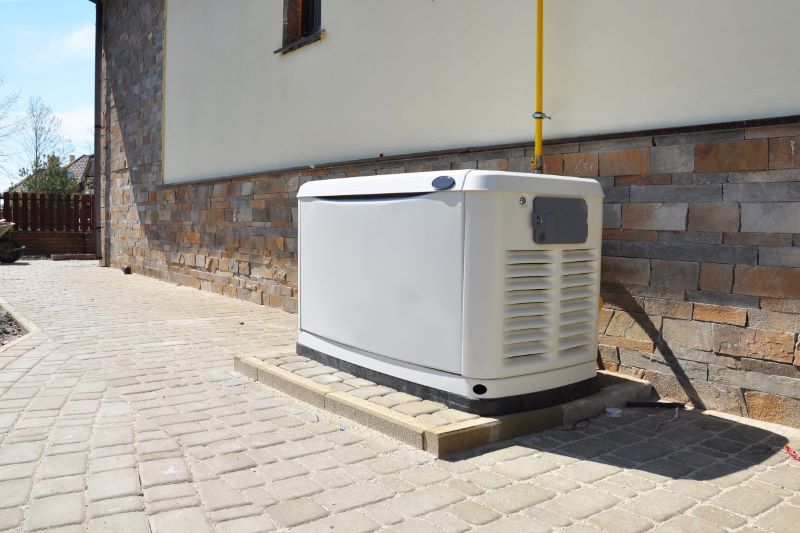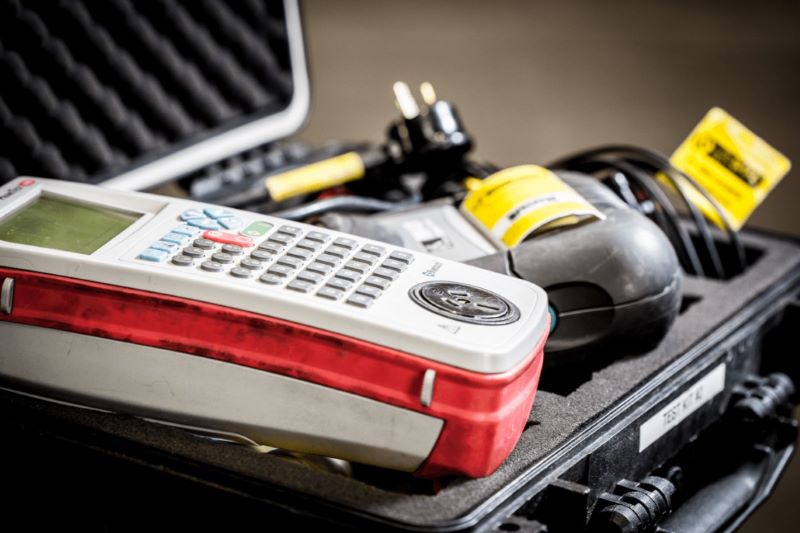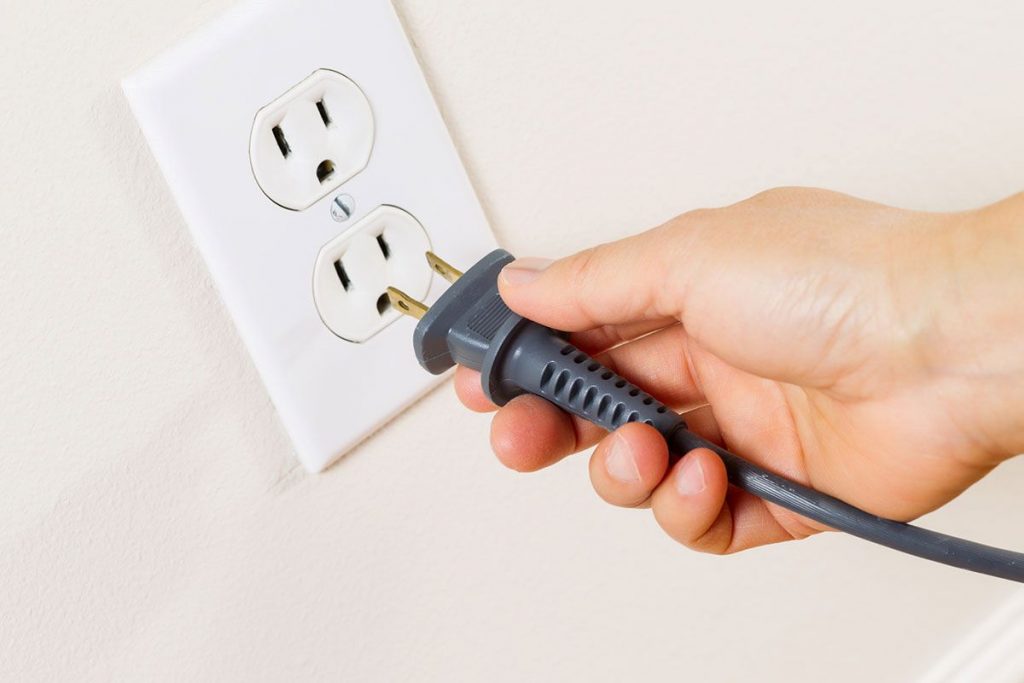Table of Contents
Odds are that you interact with electricity every day. Whether you play video games, watch television, charge your phone, or use the microwave, there isn’t a day that passes where you don’t use electricity in some way. The power of electricity is an incredible gift, but it is also a dangerous gift to use without caution. Misuse, poor installation, or inadequate maintenance of electrical equipment can result in shock or fire that can lead to serious injury. In fact, an average of 51,000 electrical home fires occur each year resulting in over 1,400 injuries and up to 500 deaths.
Thankfully, many electric shock and fire mishaps can be prevented with a quick home inspection and better safety habits. There are four concerns every homeowner should address to minimize their risk of electric shock injury.
Make Sure All Outlets Have Ground Fault Circuit Interrupters
While newer or newly renovated apartments and houses are required to have ground fault circuit interrupters, older apartments and houses may not have them. If you are not familiar with the terminology, a ground fault circuit interrupter is integrated into an outlet to monitor the power going into a device. One of the reasons that the National Electric Code mandates that all bathroom, kitchen, and basement outlets have ground fault circuit interrupters is because they are near wet locations. If an accident occurs, such as accidentally dropping a hair dryer into a sink full of water, the GFCI will detect the current interruption and cut the power.
Every new apartment tenant or home owner should be sure to check whether ground fault circuit interrupters have been installed to ensure that you are protected from an alternating current in kitchen, bathroom, and outdoor pool outlets. If you need to buy ground fault circuit interrupters, there are many options available that cost anywhere from $15 to $50.
Ground fault electrocutions cause two thirds of all electrocutions in U.S. homes each year, which is why it is crucial to check whether ground fault circuit interrupters are installed in every residence. It is also a good idea to make sure that all receptacles have ground fault protection to protect electronic equipment from electrical surges.
When It Comes To Extension Cords, It’s Better To Be Safe Than Sorry
Just about every person who goes home at night and uses electricity has more than a few extension cords connecting his/her respective appliances to an outlet. It’s always a good idea to make sure all extension cords used in the home are not frayed or cracked. Never have any electrical cords in an area where people frequently pass through. Highly-congested areas that have extension cords can lead a person to not only trip but can also damage cords. This will expose anyone who tries to unplug damaged cords to an electric shock injury.
Stapling and nailing electrical cords to the wall, floor, or deck may suit the aesthetic value of the home that is being decorated, but poking holes in extension cords exposes any person to electrocution. By stapling or nailing cords to the wall, electricity is able to leave an insulated cord and flow directly to any person that comes into contact with that cord, or with the tool used to secure the cord.
Only plug the proper number of extension cords into a receptacle that it allows. Plugging into additional cords (such as Christmas lights), which plug into extension cords is one of the easiest ways to overload an extension cord. Overloaded extension cords and outlets can cause in-home fires that can both harm you and damage your home. One of the best ways to ensure that an extension cord or outlet isn’t overloaded is to unplug any appliances that aren’t being used.
Check All Outlets To Ensure They Are Functioning Properly
Ensuring that there aren’t any loose-fitting plugs in the outlets in your kitchen, bathroom, bedroom, and living room is an easy way to prevent an electric shock injury or electrocution. Any wall plates that are broken or missing should be replaced so that a person doesn’t mistakenly touch the wires inside of the wall outlet. Receptacle and switch plate covers are an extra item that will prevent exposure to an AC current when plugging or unplugging an appliance from an outlet.
Circuit Breakers Must Be The Correct Size and Current Rating
Typically, circuit breakers are used in homes today because they hold a great advantage over fuses, in that circuit breakers can be reset after they trip. Once a fuse is blown, it has to be replaced. Once a circuit trips, it can be reset and used again without having to replace it.
A circuit may be overloaded because the appliances in an outlet have used more amps of electricity than the wiring could handle. If this is the case, safely unplug any appliances and reset the circuit. If it trips again, then it is possible the circuit has shorted. Calling an electrician to diagnose the issue is always a good idea to prioritize electrical fire and electrocution prevention.
What To Do If Someone Suffers From An Electric Shock Injury
The most important thing to remember if someone is shocked is to stay calm. Try to grab an object that has a high resistance to electricity such as rope, dry wood, or a broom handle, to separate and move that person away from an electrical current. If the injured victim is not in immediate danger, you should avoid moving him or her, as you may exacerbate their injuries. Call 911 immediately and follow their instructions on administering assistance.
While waiting for medical help to arrive, there are actions you can take to help the injured victim. If possible, turn off the source of electricity to make the scene of the accident safer to navigate. Administer CPR if the victim shows no sign of breathing or movement. Medical professionals will take over treatment and care once they arrive.
If the aforementioned precautions are taken, the risk of electrical shock injuries will be significantly reduced, so that you can enjoy the electronics in your home without concern. For many, the home is a safe haven, and it’s important that preventative measures are taken to keep the home safe.
